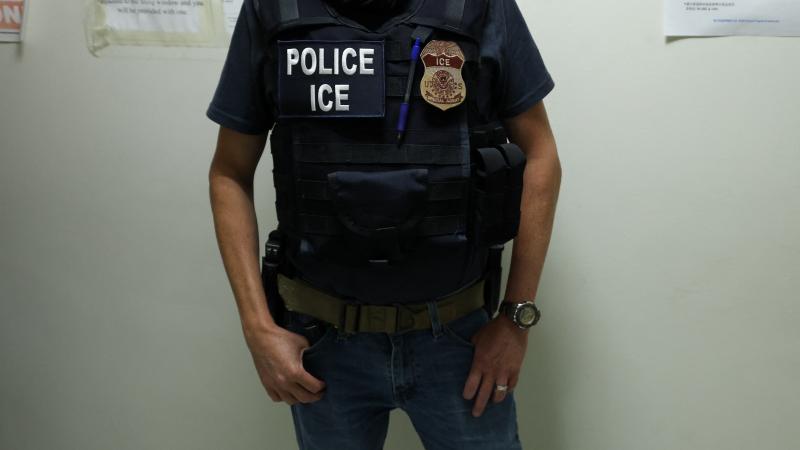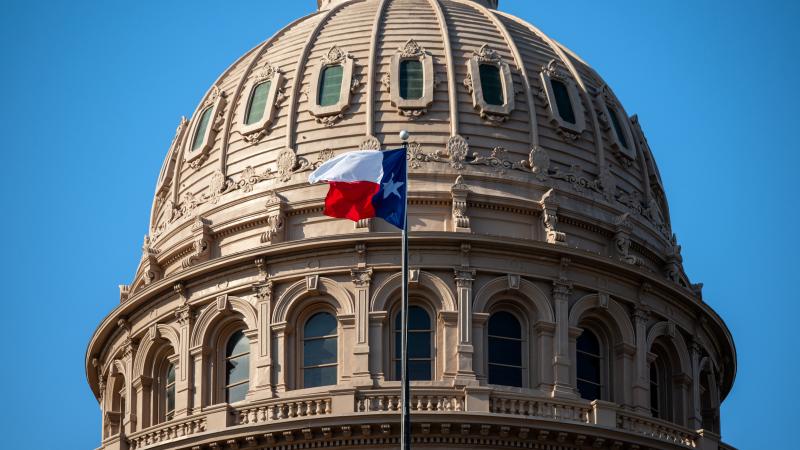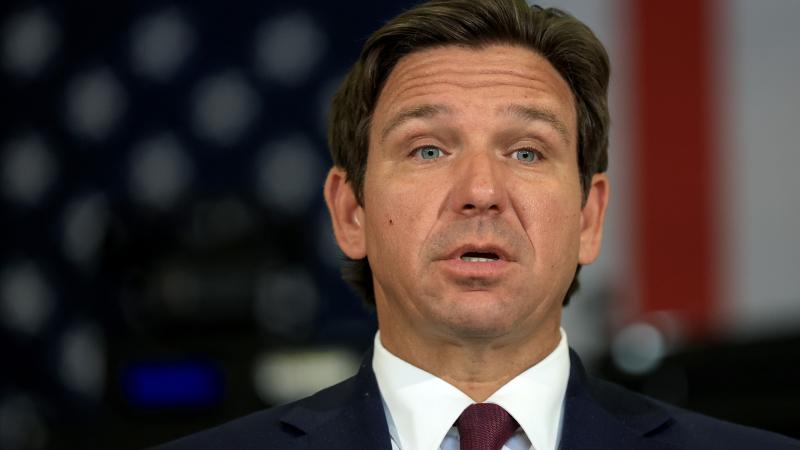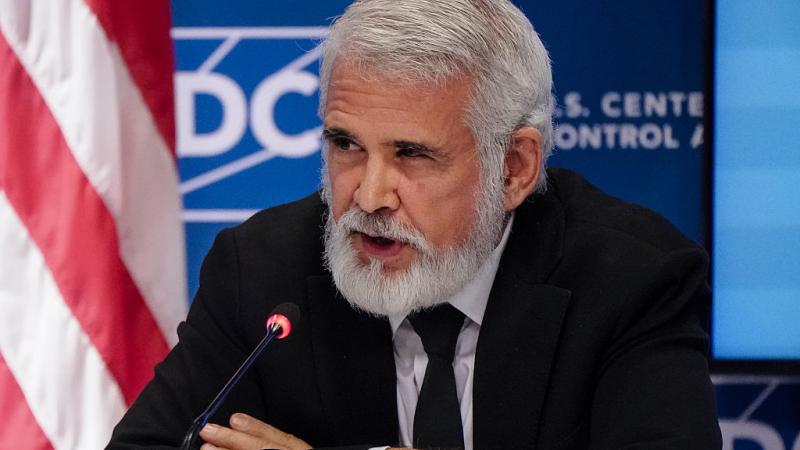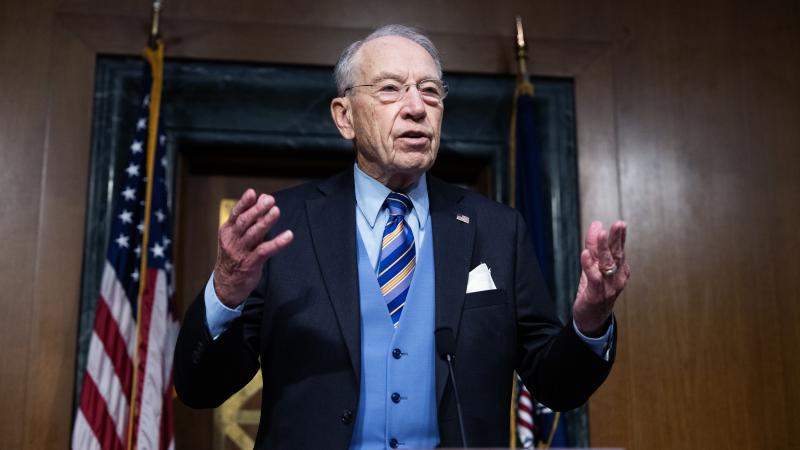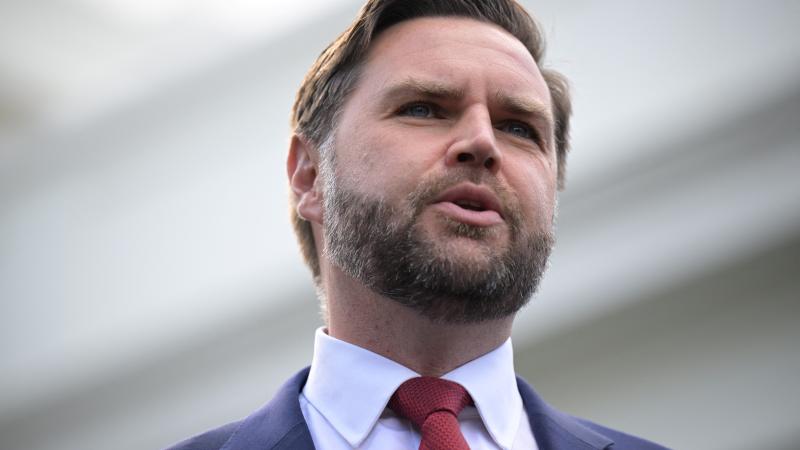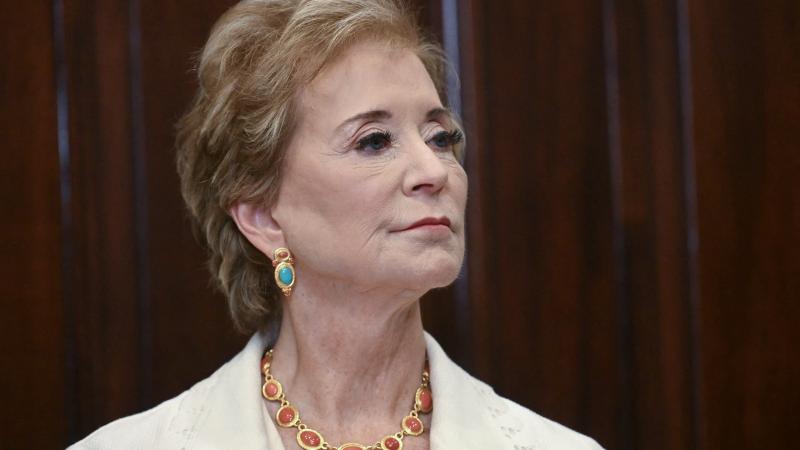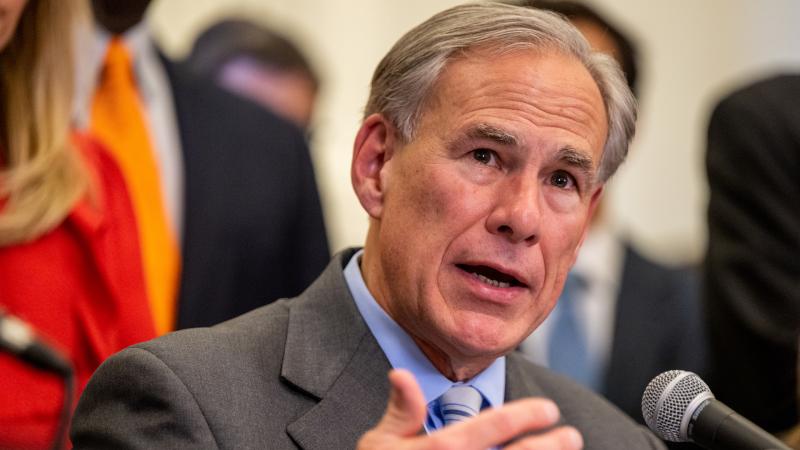Georgia Gov. Brian Kemp confronted on election integrity at Fulton County GOP event
"I had nothing to do with the consent decree," Kemp said.
Gov. Brian Kemp (R-Ga.) was confronted over the weekend about election integrity during a Fulton County GOP event, and he responded by saying he was not responsible for Georgia's consent decree, which some Republicans claim abolished signature verification and allowed for voter fraud in the state.
"I had nothing to do with the consent decree," said Kemp, whose reelection bid faces a challenge in the Georgia Republican primary by former Sen. David Perdue, who has been endorsed by former President Donald Trump.
"Kemp allowed himself to be bullied into a disastrous consent decree that effectively abolished signature verification and allowed massive voter fraud to occur throughout the state of Georgia," Trump said in his endorsement of Perdue.
"I was secretary of state for nine years," Kemp said. "I know how the process works. I didn't have anything to do with the consent decree, and so anybody that says I did, just show the proof of where my name is on that. Okay?"
Either Kemp or Perdue is likely to face off this fall against Democrat Stacey Abrams, who lost to the current governor by more than 50,000 votes in 2018.
"I know there's a lot of people that lie to people about what my powers are," Kemp said over the weekend. "I mean, I'm the governor, right? I'm not a dictator.
"I can tell you every single day serving as your governor, I have done exactly what I said I would do when I put my hand on the Bible and said I will follow the laws and the constitution of this state [and] the Constitution of the United States."
The governor went on to direct the audience member elsewhere for answers.
"All the issues that you're talking about you need to talk to the secretary of state about that," he said.
"You'll go back and remember all the people that are out here saying all these things," Kemp noted.
"Where were they over the last decade when I was fighting Stacey Abrams?" he went on asking rhetorical questions, such as, "Where were they when I sued the Obama Justice Department to make sure that we have [a] citizenship check when you register to vote in Georgia?"
Kemp said, "Now, they're trying to blame me for something that I have no constitutional authority to do."
Kemp blamed any problems with election drop boxes on the state election board.
"The consent decree was done with the lawyer for the Georgia Republican Party signing off on it, not me, the governor, so if you want to know what the truth is about the election, you should first learn what the laws in the constitution say," he said.
The Associated Press claimed after the 2020 election: "There is nothing in the consent decree that prevents Georgia election clerks from scrutinizing signatures. The legal settlement signed in March addresses accusations about a lack of statewide standards for judging signatures on absentee ballot envelopes."
Kemp scolded another audience member during the meeting Saturday.
"Telling something is not a question," he said. "That's your opinion and you're wrong.
According to the Georgia Secretary of State's website, Joe Biden was declared the winner over former President Trump by less than 13,000 votes in 2020.
State officials, including many in Republican-run states, have said they have found no evidence of widespread fraud in the November 2020 election that could have altered the outcome. However, several states have acknowledged serious irregularities or unlawful changes to election rules occurred in 2020.
For instance, Wisconsin's Supreme Court has ruled election regulators unlawfully allowed tens of thousands of absentee voters to skip voter ID checks by claiming they were "indefinitely confined" by the pandemic without suffering from a disability. Wisconsin's legislative audit bureau found numerous other rule changes were made that were not approved by the state legislature.
In Arizona, an audit called into question more than 50,000 ballots cast in the November 2020 election.
In Georgia, state election officials uncovered such widespread mismanagement in vote counting in Fulton County, the state's largest, that they have begun a process to have the state run future elections in the locality, which includes the city of Atlanta.
